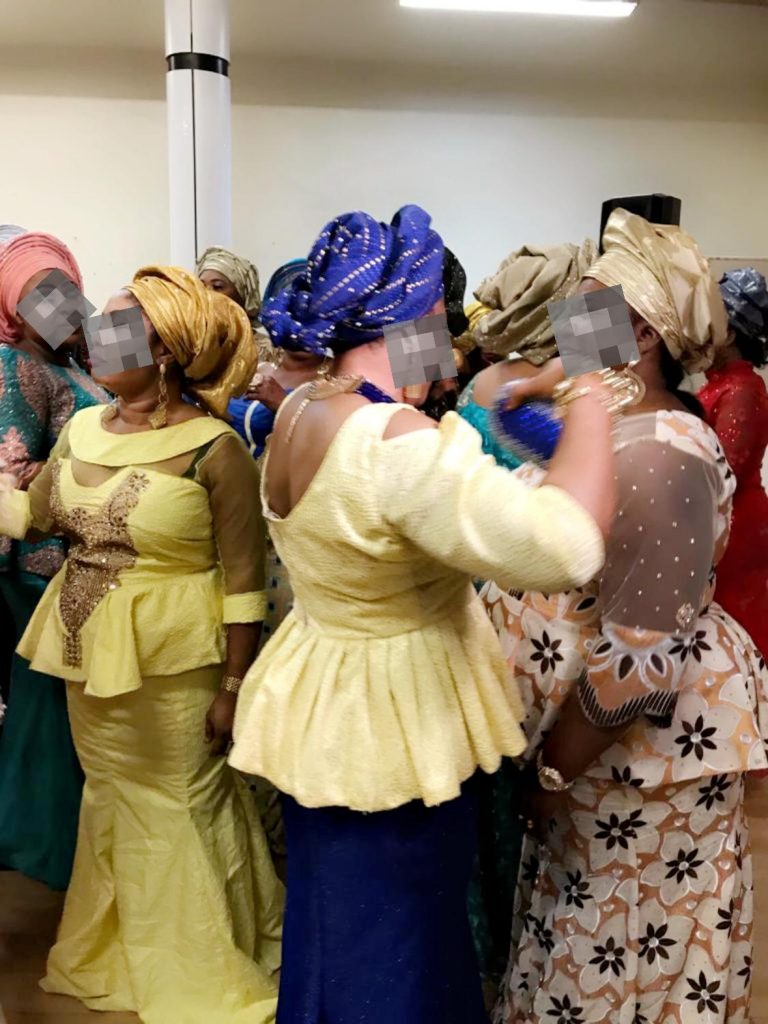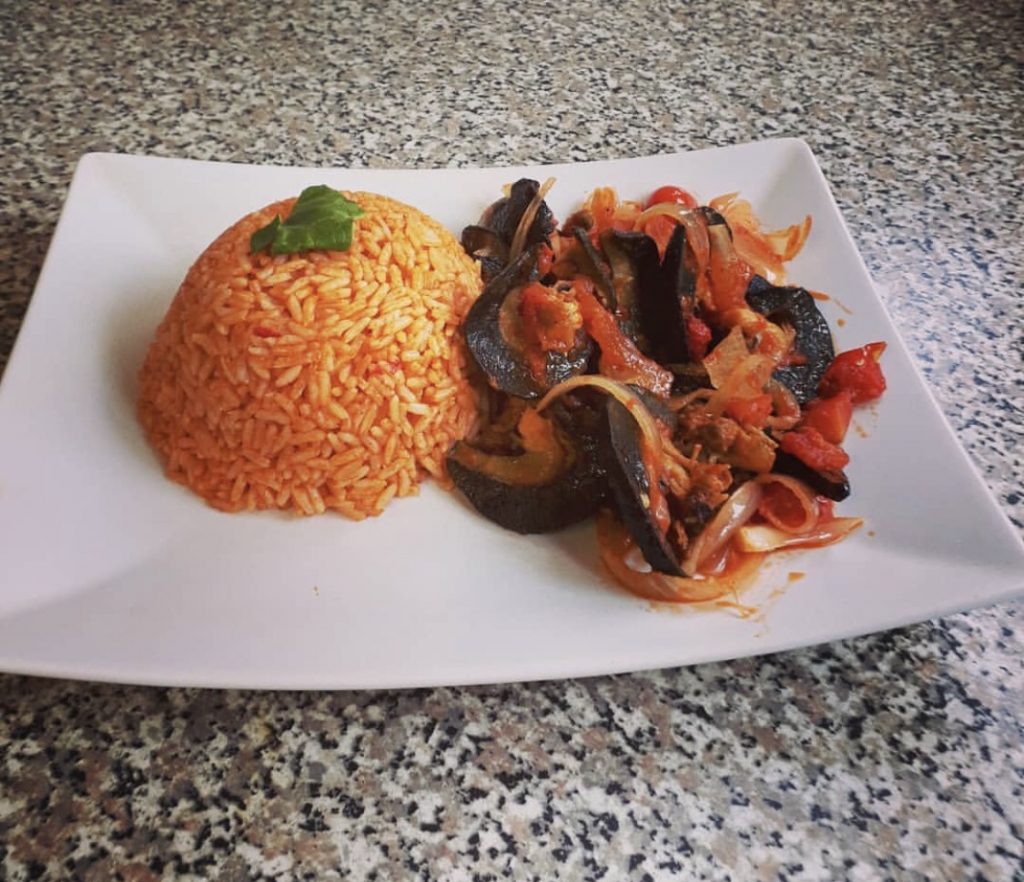
Celebration is at the heart of everything the African British does. I’ve always taken this for granted, especially when my colleagues at work express surprise at my full weekend calendar. This article will take you through how celebration is perceived in the context of African Britishness. It will equally expose you to how the African British have settled in Britain, occasions they celebrate and the variety of food they eat.
My summer diary is booked up pretty quickly as people jam in children’s naming ceremonies, baptisms, significant birthdays, remembrances of families long dead (especially ones that lived to a ripe old age) engagements, weddings, and traditional weddings. The list is endless.
African Community in Britain
In Britain, the African community have adapted well and even at times of recession celebrations might be low-key but it still happens.
We respect older people and are taught this from a very young age. We do not call those older than us by their given name but instead might say uncle or aunty. If they are close relatives and are not a biological mum or dad, then we might call them mummy or daddy.
Anyone in a long-term relationship with an African should try to learn these protocols or you’re off to a bad start. If you work with Africans and wonder why they would sometimes address older ones as aunty or uncle, it is because of the culture of respect they imbibe over the years.
For example, I call my white step-grandmother, who lives in Florida and whom I cherish, Grandma M. I could not imagine calling her by name. A small percentage do not believe in doing this and think it is not modern.
The sense of community is robust and lives on till today.
Occasions
Funerals are one of the significant occasions that the African community celebrate for anyone older than 75 years(80 years these days). We Africans celebrate their life, even though we find their death sad. This is because we love our elders and want them to live ‘forever’.
Funerals are open to all that want to attend. I remember a while ago when I turned up at the reception of an English funeral to pay my respect. To my mortification, I realised that the reception was strictly by invitation. I made a quick exit and promised never to be caught again.
If you haven’t had the luck to go to an African occasion, I will urge you not to be shy and beg to go. You will not regret it!
Food

Think about it: free drinks, Afro beat music and hot, delicious food of all types are there. For Nigerians, stewed fish, jollof rice, beef-pepper soup, egusi (melon with vegetable) soup, beans and dodo, stewed African snails (a great delicacy), name it, are all there!
For Ghanian food, there is Kenkey, Turkey tail, Fried Yam Turkey, Kelewele, etc.
Ensure you feed your eyes, for African parties are both a gastronomic and visual delight.
Instead of separating yourself from this, get closer to it. The African British is now in its 4th generation in Britain. There is a slow recognition of African cuisine, and that warms my heart as I love everything food.
Nigerian food are available in 805 restaurants and many others. The available food are Jollof rice, Suya, meat and fish pepper soup, vegetable soups, moin and a host of others.
Tokunbo’s kitchen does plenty of pop-ups. You can catch up with her on social media.
Zoe’s Ghana kitchen would serve you authentic Ghanaian food. The owner Zoe Adjonyoh, who has mixed Ghanian and Irish parentage, also has colourful tales to tell.
This article first appeared on stellaahmadou.com

